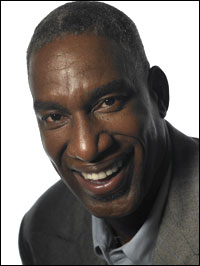This journal is a response to the recent article on Korea Times that states that 44% of Korean students drop out of prestigious colleges.
1. What does Kim say is the most likely explanation for the high dropout rate among Koreans?
Kim states that the difference between American and Korean students is that American students divide their time equally to study and to do activities such as sports or music (extracurricular) while Koreans spend about 75% of their time studying.
2. How does the dropout rate among Koreans compare to the dropout rate among other groups?
While 44% percent of Korean students drop out of prestigious colleges, only 20% of Chinese and Indian students drop out, and 36% of Americans.
3. What are you currently doing to increase your own college readiness? Is there anything you think you should do before you graduate from high school to be better prepared for university?
Like Kim said, I think Korean students in general spend too much time studying. I’ve seen many students starting to learn SATs in eighth grade, which is very rare in the states. My goal is to divide my studies and activities so that when I attend college, I can participate actively in college life rather than stay isolated. Furthermore, another reason why so many Koreans drop out of college (according to my brother) is because most Koreans attend hogwons when they study in Korea; therefore, when it is finally time for them to study alone and scrutinize individually rather than someone telling them what to study, Korean students handle the independent studying. For almost their whole lives, they were taught in hogwons, so they were dependent on others. This is why I am trying to not resort to hogwon as much as I can. I try to study using the internet and textbook, because that is what we really do in college.















